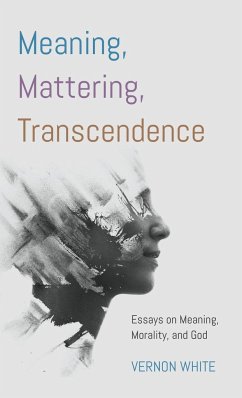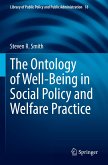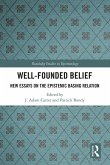Latinos comprise the largest and one of the fastest growing minority groups in the United States (U.S. Census Bureau, 2012). Moreover, 48% of the 38.1 million foreign-born individuals in the U.S. reported being Hispanic origin (Grieco, 2010). Immigrants from Latin American countries face multiple stressors in the immigration process including legal documentation status (Covazos-Rehg, Zayas, & Spitznagel, 2007), separation from loved ones (Rusch & Reyes, 2012), discrimination (Flores et al., 2008), language barriers, and access to health care services (Perez & Fortuna, 2005). Often these stressors are compounded and contributing to poor health and wellness (Perez & Fortuna, 2005). Among various factors that affect Latino immigrants' adjustment and wellness, meaning in life (MIL) may be particularly important for this population since having purpose and significance in one's life allows individuals to endure stressful situations (Dunn & O'Brien, 2009).
Hinweis: Dieser Artikel kann nur an eine deutsche Lieferadresse ausgeliefert werden.
Hinweis: Dieser Artikel kann nur an eine deutsche Lieferadresse ausgeliefert werden.








